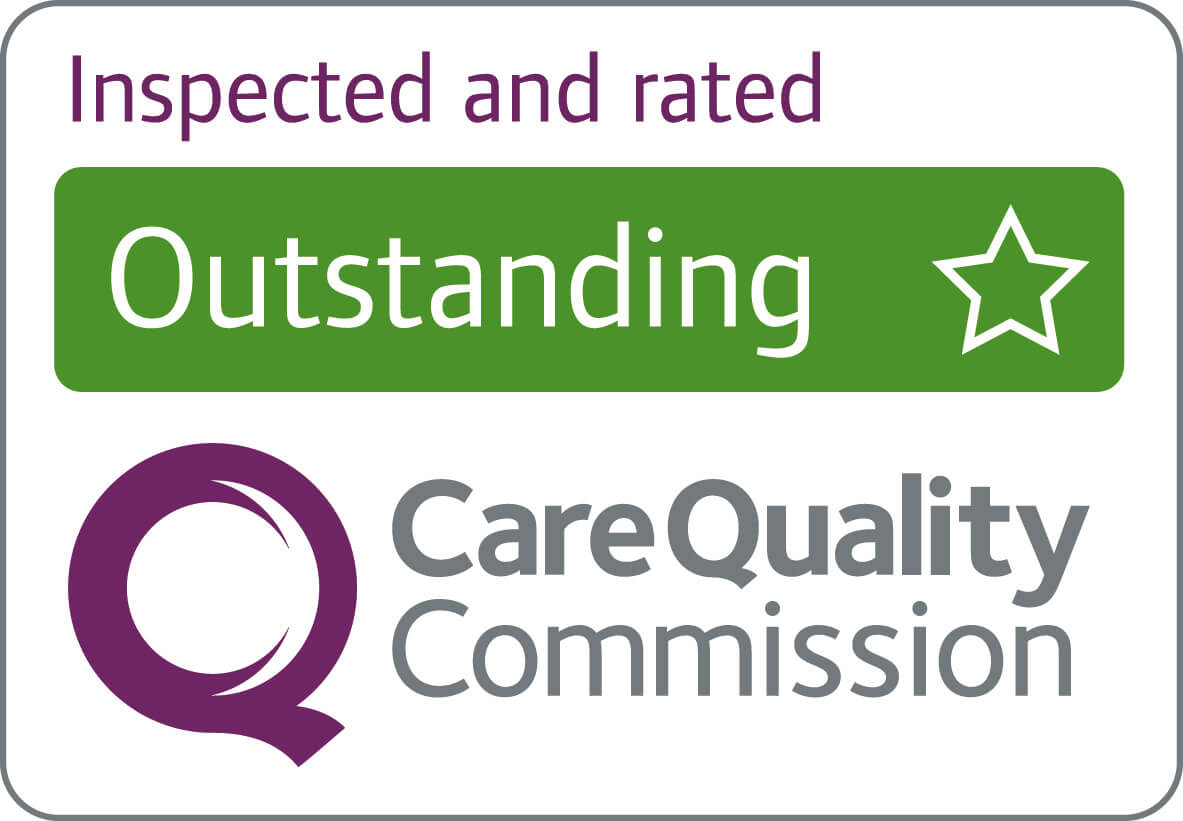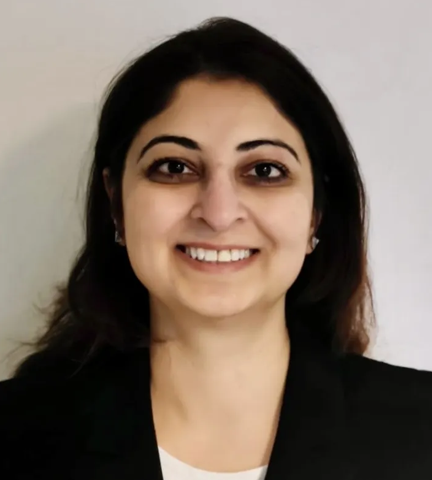Lumbar decompression is a treatment used to relieve pressure on the spinal nerves in your lower back. This pressure is often caused by conditions like a slipped disc, spinal arthritis, or a narrowing of the spinal canal (spinal stenosis).
When nerves are compressed, it can lead to symptoms such as pain, numbness, tingling, or weakness in your back or legs.
The goal of lumbar decompression is to ease that pressure, reduce pain, and help you move more freely. In some cases, decompression can be achieved through non-surgical methods, but if symptoms persist, surgery may be recommended.
What is lumbar decompression surgery?
Lumbar decompression surgery, also sometimes called lumbar spinal decompression surgery, is a type of surgery performed to give the nerves in your spine more space by relieving the compression (squeezing pressure) on them.
Decompression surgery can be performed anywhere along your spine, whereas lumbar decompression surgery specifically refers to lower spine operations (lumbar means lower back).
Lumbar decompression surgery aims to reduce the compression on the nerves in your lower back to help relieve your symptoms.
Types of lumbar decompression surgery
There are different types of lumbar decompression surgery, but most involve removing tissue from your lower back to reduce the squeezing pressure. This could involve removing a slipped disc, cutting away thickened ligaments, or even removing sections of bone from your spine.
The type of lumbar spinal decompression surgery that will be right for you will depend on your circumstances, particularly which condition is causing your spinal nerve impingement.
The most common types of lumbar decompression surgery include:
-
Laminectomy - the complete removal of a part of your vertebrae (the bones in your back) called the lamina, that is pressing on the affected nerve.
-
Laminotomy - the removal of part of a lamina bone.
-
Foraminotomy - the removal of bone spurs or tissue from your spine’s foramen – the nerve passageways or space between your vertebrae through which your nerve roots exit the spinal column.
-
Laminaplasty - the cutting of a lamina on one side and then “swinging” the freed bone open to expand your spinal canal in the cervical area.
-
Discectomy/microdiscectomy - part of a damaged intervertebral disc is removed to relieve nerve pressure. Microdiscectomy uses minimally invasive surgery to remove the herniated disc.
-
Disc replacement - replacement of a prolapsed disc with an artificial one.
-
Spinal fusion - joining of two or more vertebrae together using a section of bone, and sometimes instruments such as rods, to stabilise and strengthen your spine.
Why might I need lumbar spinal decompression surgery?
Lumbar decompression surgery is usually considered when non-surgical treatments, like physiotherapy or medication, haven’t eased your symptoms. It’s often recommended for people with ongoing nerve pain, weakness, or those who have difficulty walking due to pressure on the spinal nerves.
Many people experience significant relief after surgery, especially those who struggled to walk because of leg pain or weakness. After recovery, they’re often able to move more easily and with less discomfort.
What is lumbar spinal decompression surgery used to treat?
Lumbar decompression surgery can help reduce lower back nerve compression caused by a range of conditions, including:
-
Herniated (slipped) disc – when the soft inner part of a spinal disc pushes out and presses on a nearby nerve.
-
Spinal stenosis – a narrowing of the spinal canal, usually caused by aging, arthritis, or thickened ligaments.
-
Sciatica – usually caused when a damaged spinal disc shifts and puts pressure on the sciatic nerve.
-
Degenerative disc disease – wear and tear on spinal discs which can lead to disc narrowing, or even collapse, that can result in nerve compression and pinching.
-
Bone spurs (osteophytes) – extra bone growth around the spine, usually triggered by arthritis, that can press on nerves.
-
Spondylolisthesis – caused when one back bone (vertebra) slips forward over the one below it, pinching spinal nerves.
-
Spondylosis – damage and degeneration of the spine that happens gradually over time.
-
Ankylosing spondylitis – a type of arthritis that causes inflammation and damage in the joints and ligaments along your spine, which over time, can cause your joints to fuse.
-
Metastatic spinal cord compression – when cancer in a part of your body, such as the lungs, spreads into your spine and tumours put pressure on the spinal nerves.
-
Infections – although rare, infections can cause inflammation in the spine resulting in nerve compression.
-
Injury or trauma – such as a fracture in a backbone (vertebra) or swelling in your lower back caused by an accident or injury.
What is the cost of lumbar decompression surgery?
The cost of lumbar decompression surgery can vary depending on your individual treatment needs.
If you’re paying for the procedure yourself, Ramsay Health Care offers an all-inclusive Total Care package - a single one-off payment, at a pre-agreed price, that will cover all aspects of your lumbar decompression surgery. We also provide flexible finance options, allowing you to spread the cost over a series of monthly payments.
If you have private medical insurance, your policy may cover spinal decompression surgery. We recommend checking the details with your provider and obtaining a written confirmation before starting treatment.
What happens during lumbar spinal decompression surgery?
There are several types of lumbar decompression surgery, each designed to relieve pressure on the spinal nerves in the lower back. These procedures are typically performed under general anaesthetic, so you’ll be asleep throughout.
To assess the affected area, your surgeon will make an incision (cut) in your back.
Depending on the source of the nerve compression, the procedure may involve removing part of a damaged disc, trimming ligaments, removing small sections of bone, fusing vertebrae, or a combination of these techniques.
Surgery usually takes at least an hour but may take longer depending on the complexity. After your operation, you’ll be moved to a private recovery room where our team will monitor your initial recovery and the effects of the anaesthetic.
Recovery from lumbar spinal decompression
With lumbar decompression surgery, recovery is generally straightforward but can vary depending on the extent of the surgery, your overall health, and the severity of your condition.
Most patients go home the day after surgery, though some may stay a little longer. In many cases, you’ll be encouraged to get up and walk gently on the same day as your procedure, as early movement supports a smoother recovery.
You can expect some discomfort and fatigue for a few weeks, and you’ll need to avoid heavy lifting or strenuous activity for at least six weeks. Driving and returning to work usually aren’t advised until four to six weeks post-surgery, and only once you’ve been cleared by your doctor.
If you have any questions about your recovery, our care team is here to support you every step of the way.
Success rates for lumbar spinal decompression
Lumbar decompression surgery is generally effective in alleviating symptoms caused by nerve compression in the lower back. Many patients experience significant improvements, including reduced pain and enhanced mobility.
However, outcomes can vary depending on factors such as the specific condition being treated, the patient's overall health, and the type of surgical procedure performed.
It's important to note that while the surgery can provide substantial relief, some individuals may continue to experience mild symptoms or discomfort. In cases where symptoms persist or recur, additional treatments or interventions may be considered.
Potential risks and complications of spinal decompression surgery
As with any surgical procedure, lumbar spinal decompression carries certain risks. While serious complications are uncommon, it’s essential to be aware of potential issues:
-
Infection - Infections can occur at the surgical site or, more rarely, in deeper tissues. Preventative antibiotics are administered during surgery to minimise this risk.
-
Bleeding – Some blood loss is typical during spinal surgery, but significant bleeding requiring transfusion is rare.
-
Nerve injury – Although rare, there’s a small risk of nerve damage during the procedure, which could lead to persistent pain, numbness or weakness.
-
Dural tear - the outer lining that surrounds the nerve roots, called the dura, can become torn. This will usually be repaired during the procedure and typically occurs in less than five out of 100 cases.
-
Blood clots - Postoperative immobility increases the risk of deep vein thrombosis (DVT), which can lead to serious complications if not managed appropriately.
-
Vertebrae failing to fuse - this typically occurs in less than three out of 100 cases.
-
Hardware fracture - the implants or other instruments used to stabilise a spinal fusion may break or move before complete fusion happens.
Choose Ramsay Health Care UK for your lumbar decompression surgery
At Ramsay Health Care, we are committed to delivering exceptional, patient-centred care across our hospitals within the UK.
Our experienced spinal surgeons will assess your condition and perform the most appropriate lumbar decompression procedure to help relieve your nerve compression symptoms.
From your initial consultation through to your recovery, our multi-disciplinary team – including surgeons, nursers, and physiotherapists – will support you every step of the way. We aim to help you return to an active lifestyle, doing the things you love again as quickly as possible.
Contact us to find out more about lumbar decompression surgery with Ramsay Health Care UK.


